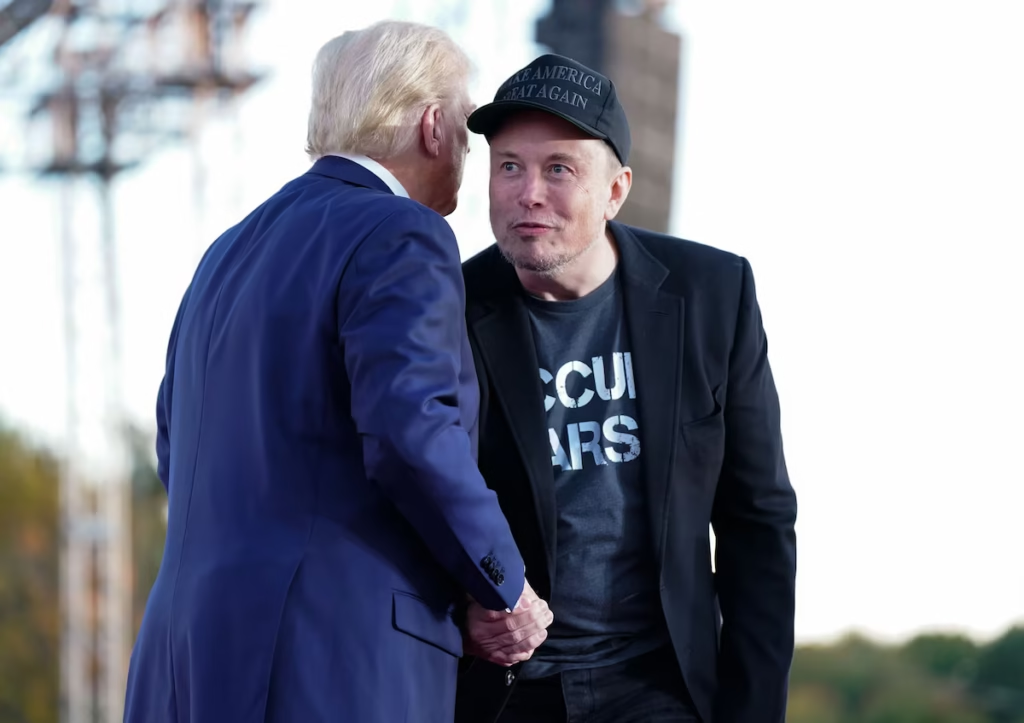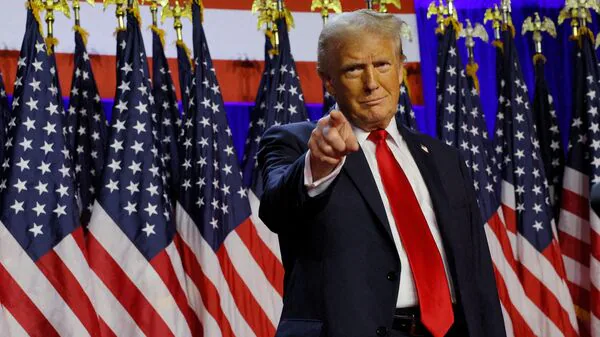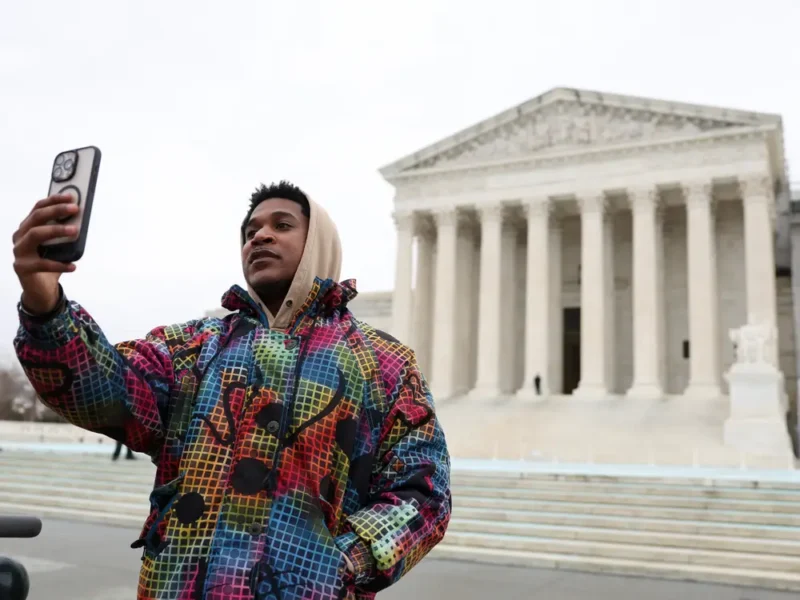
Elon Musk vows to ‘go to war’ to defend H-1B visa programme; Trump sides with him
Elon Musk, CEO of Tesla and SpaceX, has recently expressed strong support for the H-1B visa program, which allows U.S. companies to employ foreign workers in specialized occupations. Musk, who himself utilized the H-1B visa to work in the United States, emphasized the program’s importance in attracting top-tier talent essential for maintaining the competitiveness of American technology firms.
This stance has led to a public disagreement with certain far-right activists who oppose the H-1B program, arguing that it undermines American workers. In response to such criticisms, Musk has been vocal on social media, defending the necessity of the program for sourcing exceptional engineering talent not readily available domestically.
President-elect Donald Trump has aligned himself with Musk on this issue, stating, “I’ve always liked the visas, I have always been in favour of the visas. That’s why we have them.” He further mentioned utilizing the H-1B program in his own business ventures, describing it as “a great program.”
This position marks a shift from Trump’s earlier policies during his first term, where he implemented measures to restrict the use of H-1B visas. The current endorsement has sparked debate within his support base, particularly among those advocating for stricter immigration controls. Notably, figures like Steve Bannon have criticized the support for the H-1B program, suggesting it contradicts the “America First” agenda.
The discussion gained momentum following comments from Vivek Ramaswamy, a businessman appointed alongside Musk to lead the Department of Government Efficiency (DOGE). Ramaswamy attributed the reliance on foreign skilled workers to cultural factors in the U.S. that may undervalue academic excellence, sparking further debate on immigration and labor policies.
In summary, both Elon Musk and President-elect Donald Trump have publicly supported the H-1B visa program, highlighting its role in attracting skilled foreign labor crucial for the U.S. technology sector. This stance has led to internal debates among conservative circles regarding immigration policy and its implications for American workers.
By – kartik



